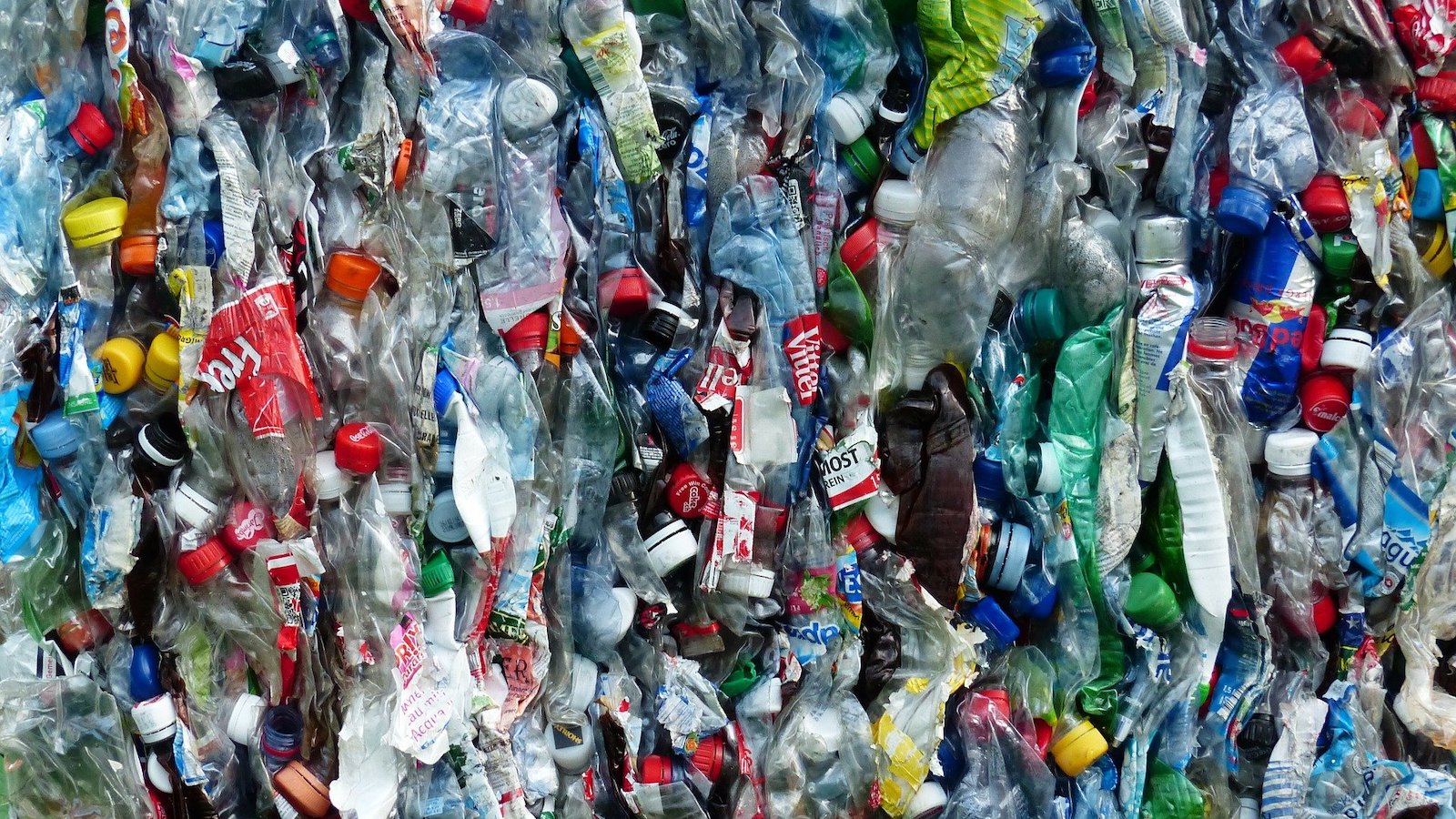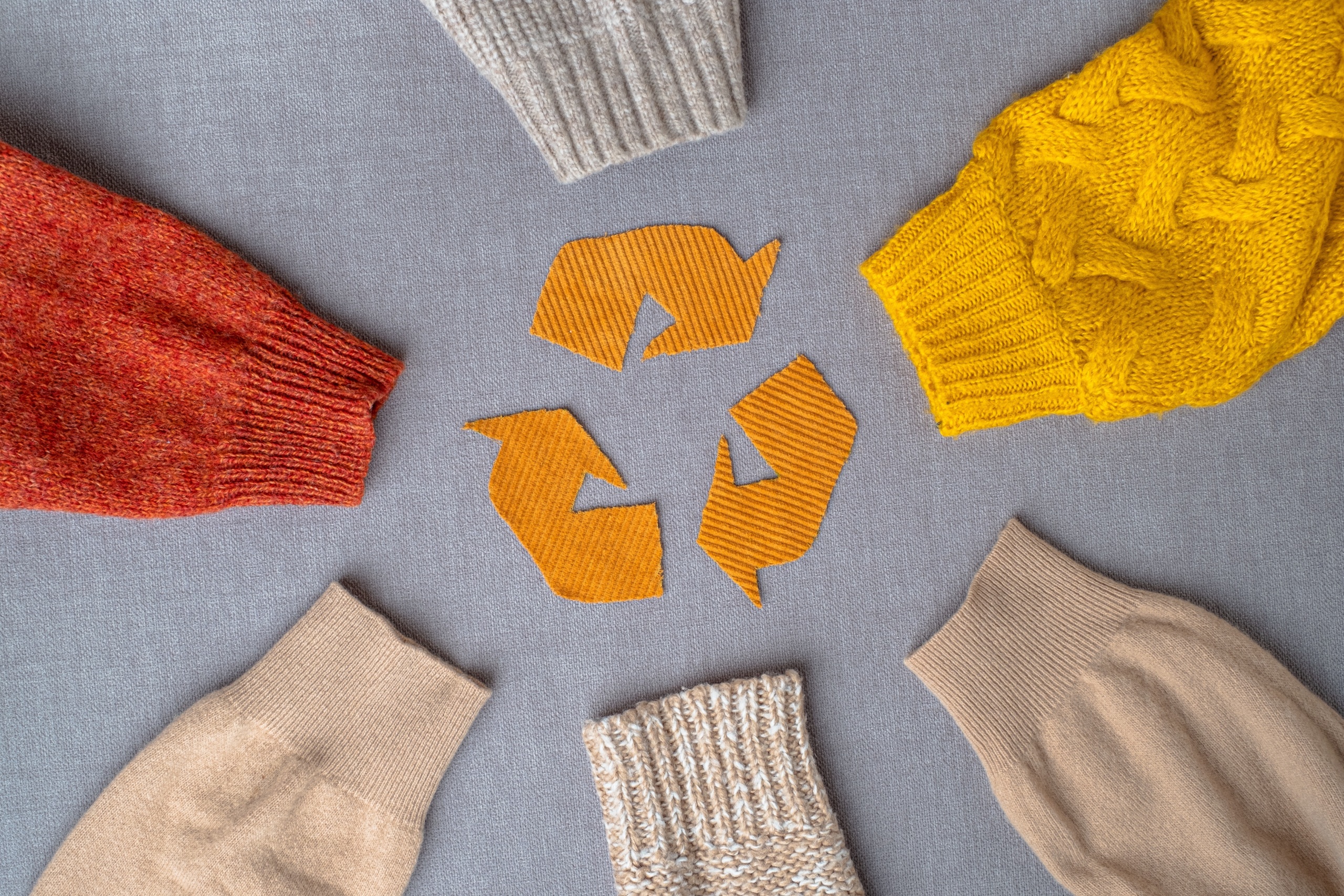Companies that make single-use plastics shouldn’t escape the cost of the cleanup
If a company makes products that are designed to become waste, it should also be financially responsible for cleaning up those products.

Single-use plastics, such as plastic water bottles or foam takeout containers, are nearly impossible to avoid. But when it comes to cleaning them up, it’s us who end up footing the bill.
We’re calling for a new approach, called “producer responsibility.” The concept is straightforward enough: If a company makes products that are designed to become waste, it should also be financially responsible for cleaning up those products.
Producer responsibility puts a cost on wasteful design
Currently, producers of single-use plastics are able to offload their products’ end-of-life costs ultimately onto us as ratepayers, who pay for those products to be picked up and processed.
Producer responsibility laws would shift more of the financial burden of recycling and landfilling products designed to be used once and then tossed onto the companies that make them.
This wouldn’t just mean less cost for ratepayers. It would incentivize plastics makers to design products that are more durable and easier to recycle — meaning less waste piling up in our landfills and littering our communities and environment.
In fact, a November 2020 case study of Washington state estimates that producer responsibility policies would save between $90 to $121 per household annually and reduce the amount of packaging and paper products heading to landfills in the state by 20 percent.
Momentum for producer responsibility is building
In 2020, U.S. PIRG advocates worked with federal lawmakers to introduce the Break Free From Plastic Pollution Act, sweeping legislation that would have established producer responsibility nationwide.
But there’s no reason we have to wait for Washington, D.C., to start enacting producer responsibility laws in states around the country. Our legislators should help shift the economic burden of wasteful product design back onto the companies that make single-use plastics by putting their support behind similar legislation at the state level.
Photo: Hans Brexmeier via Pixabay
Join us in calling on our state senators to support legislation that would stop single-use plastics makers from offloading their products' end-of-life costs on ratepayers.
Topics
Authors
Henry Hintermeister
Find Out More

Voices for Sustainable Fashion

Protecting Maryland Water from PFAS Pollution

More people can file taxes for FREE this year!


